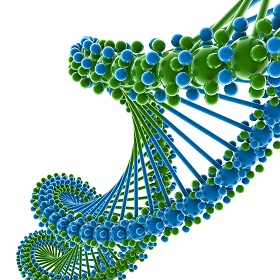Sustaining access to tissue and data from radiobiological experiments

Related topics
Energy Health Innovation Health, Demographic Change and Wellbeing France Germany Luxembourg Netherlands United Kingdom Russian Federationdate: 13/03/2014
Project: Sustaining access to tissues and data fr...
acronym: STORE
See also: CORDIS
Contact: http://www.rbstore.eu/
An ideal biobanking partner
This was the first project funded by the European Commission for which the recently established biobank was selected. A fact that pleased Catherine Larue, PhD, MBA, Chief Executive Officer (CEO) of IBBL, who comments: “It is fantastic to have been part of a European-wide project and we hope to become a partner in many other framework programmes in the future. Luxembourg’s location in the heart of Europe and its growing reputation as a hub for biomedical research should further attract international attention, collaboration and funding. I believe that our advanced and integrated infrastructure as well as our high quality services and staff make us an ideal biobanking partner for EU research consortia.”
Validation is key for consortium standard operating procedures (SOPs)
Apart from setting up infrastructure for the physical storage of samples and data, the STORE consortium also developed the necessary standard operating procedures (SOPs) for the evaluation of the archived tissue samples. This includes protocols for the isolation of DNA, RNA and proteins from tissue samples stored in the form of formalin-fixed paraffin-embedded (FFPE) blocks.
As a partner of this FP7 project, the IBBL Biospecimen Research team has tested and verified all methods proposed by the STORE consortium for the isolation of DNA, RNA and proteins from FFPE tissue. The team used tissue samples provided by STORE and IBBL’s own reference material to assess critical factors such as inter-operator reproducibility and robustness of the methods with regards to fixation, source and age of the sample. Olga Kofanova, PhD, the Biospecimen Research Scientist at IBBL who led the work, comments on the results: “The validation work demonstrated that good quality RNA, DNA and proteins can be recovered from FFPE tissue and the STORE SOPs are reproducible and robust.”
In addition to confirming the suitability of the consortium’s methods, the results support the use of quality control methods by biobanks to assess the quality of molecular derivatives extracted from such tissue samples. All validated methods are now proposed by the store consortium as standard SOPs which can be used by the international biobanking community.
